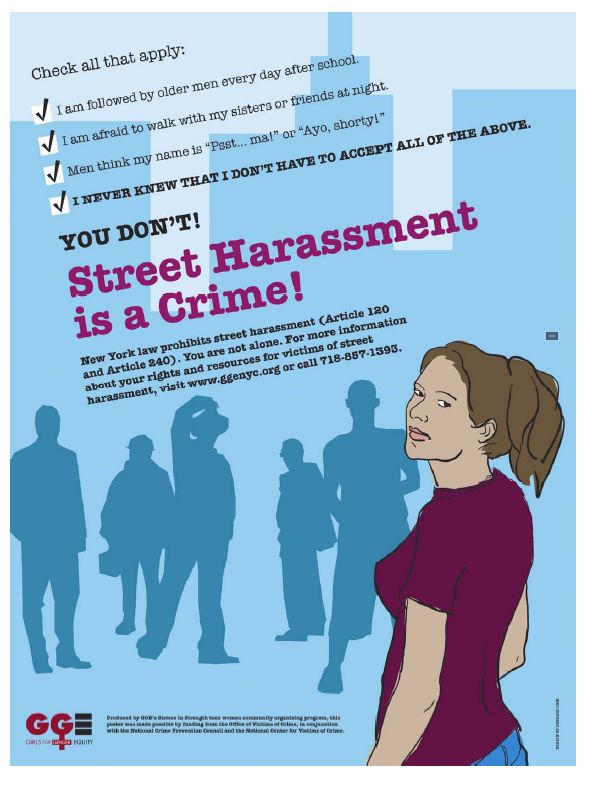
Launch of RESPECT Women Website to Prevent and Respond to Violence Against Women and Girls
Together with UN Women, United Nations Population Fund (UNFPA), and the United Nations Development Programme (UNDP), the World Health Organization (WHO) today launched the RESPECT Women website, a new online one-stop platform that aims to drive concrete actions – in policies and programmes – to prevent and respond to violence against women and girls. The website was launched during the Women Deliver Conference in Kigali, Rwanda, which brings together over 6,000 delegates focused on advancing gender equality and the sexual and reproductive health and rights of women and girls.
Preventing and responding to violence against women and girls continues to be a worldwide public health, gender equality, and human rights priority. Globally, almost 1 in 3 women experience physical and/or sexual violence in their lifetime, mostly by an intimate partner. This is a stark reminder of the scale of gender inequality and discrimination against women.
Digital Tools Support Concrete Efforts to End Violence Against Women and Girls
Women Deliver 2023 coincides with the mid-way point since the Generation Equality Forum appointed WHO and UN Women as co-leads of the Action Coalition for ending gender-based violence, which continues to affect millions of women and girls around the world – with devastating health impacts.
The new RESPECT Women website contributes towards delivering the Action Coalition’s commitments for violence prevention. The user-friendly, interactive platform provides practical support for implementing the RESPECT Women framework’s seven evidence-based strategies, with briefs on how to implement successful programs, and training and multimedia materials for advocacy.
The RESPECT framework, which launched in 2019, has been rolled out in 16 countries, with country examples illustrating positive results. Yet, data from a WHO report shows only 40% of countries include at least one of three essential RESPECT strategies – empowering women, ensuring relevant services, and transforming gender attitudes, beliefs, and norms – in their national policies for addressing violence against women.
Violence Against Women: A Public Health, Gender Equality, and Human Rights Priority
Recognizing the health sector’s important role in preventing and responding to violence against women and girls, WHO is working with partners to fulfill commitments to address gender-based violence in the following ways:
- In 2021, WHO published global, regional and country prevalence estimates for violence against women and girls, along with an interactive visualization database.
- In countries experiencing conflict, natural disaster, and other emergencies, WHO is supporting 21 countries in humanitarian settings to strengthen health responses to gender-based violence.
- WHO is helping countries develop clinical protocols for tackling violence against women and girls, focusing on comprehensive, survivor-centered health care. In 2022, 71 countries reported using WHO guidelines and tools for this purpose.
- Additional actions address such issues as care services for girls and women at risk of or affected by female genital mutilation and child marriage, including a training package for health workers to support prevention counseling.
Advancing Gender Equality: A Critical Moment
Together with the UN Special Programme for Human Reproduction (HRP) and the Implementing Best Practice (IBP) Network, WHO is engaging in-person and digitally at Women Deliver 2023, supporting efforts to advance sexual and reproductive health and rights, gender equality, and people’s universal right to health.
You can access a new Resource Finder for Sexual and Reproductive Health and Rights.
Visit the WHO’s Women Deliver Event Page for detailed information on its booth and events at the conference.
SDGs, Targets, and Indicators
-
SDG 5: Gender Equality
- Target 5.2: Eliminate all forms of violence against all women and girls in the public and private spheres
- Indicator 5.2.1: Proportion of ever-partnered women and girls subjected to physical, sexual, or psychological violence by a current or former intimate partner in the previous 12 months
-
SDG 3: Good Health and Well-being
- Target 3.7: By 2030, ensure universal access to sexual and reproductive health-care services, including for family planning, information and education, and the integration of reproductive health into national strategies and programs
- Indicator 3.7.1: Proportion of women of reproductive age (aged 15-49 years) who have their need for family planning satisfied with modern methods
Analysis
The article addresses the issues of violence against women and girls and the importance of gender equality. These issues are connected to SDG 5: Gender Equality and SDG 3: Good Health and Well-being.
SDG 5: Gender Equality
The article highlights the need to prevent and respond to violence against women and girls, which is a key aspect of SDG 5. The RESPECT Women website aims to drive concrete actions to address this issue.
SDG 3: Good Health and Well-being
Violence against women and girls has significant health impacts, making it relevant to SDG 3. The article emphasizes the importance of the health sector’s role in preventing and responding to this violence.
The specific targets under these SDGs that can be identified based on the article’s content are:
Target 5.2: Eliminate all forms of violence against all women and girls in the public and private spheres
The article discusses the need to prevent and respond to violence against women and girls, which aligns with this target.
Target 3.7: By 2030, ensure universal access to sexual and reproductive health-care services, including for family planning, information and education, and the integration of reproductive health into national strategies and programs
The article emphasizes the importance of addressing violence against women and girls in the context of sexual and reproductive health. This target aims to ensure access to comprehensive reproductive health services, including addressing violence.
The indicators mentioned or implied in the article that can be used to measure progress towards the identified targets are:
Indicator 5.2.1: Proportion of ever-partnered women and girls subjected to physical, sexual, or psychological violence by a current or former intimate partner in the previous 12 months
The article highlights the prevalence of violence against women and girls, particularly by intimate partners. This indicator measures the proportion of women and girls who experience such violence.
Indicator 3.7.1: Proportion of women of reproductive age (aged 15-49 years) who have their need for family planning satisfied with modern methods
The article emphasizes the importance of addressing violence against women and girls in the context of sexual and reproductive health. This indicator measures the proportion of women who have access to modern family planning methods, which is relevant to ensuring their reproductive health and rights.
Table: SDGs, Targets, and Indicators
| SDGs | Targets | Indicators |
|---|---|---|
| SDG 5: Gender Equality | Target 5.2: Eliminate all forms of violence against all women and girls in the public and private spheres | Indicator 5.2.1: Proportion of ever-partnered women and girls subjected to physical, sexual, or psychological violence by a current or former intimate partner in the previous 12 months |
| SDG 3: Good Health and Well-being | Target 3.7: By 2030, ensure universal access to sexual and reproductive health-care services, including for family planning, information and education, and the integration of reproductive health into national strategies and programs | Indicator 3.7.1: Proportion of women of reproductive age (aged 15-49 years) who have their need for family planning satisfied with modern methods |
Behold! This splendid article springs forth from the wellspring of knowledge, shaped by a wondrous proprietary AI technology that delved into a vast ocean of data, illuminating the path towards the Sustainable Development Goals. Remember that all rights are reserved by SDG Investors LLC, empowering us to champion progress together.
Source: who.int

Join us, as fellow seekers of change, on a transformative journey at https://sdgtalks.ai/welcome, where you can become a member and actively contribute to shaping a brighter future.






